Reliance on repression will worsen Lanka crisis
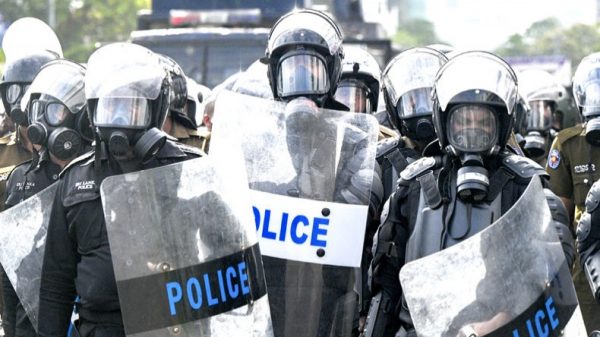
The Lanka government seems prepared to disregard objections of the international human rights organisations that are lobbying for stricter sanctions against the country’s political leadership engaging in human rights violations, writes Jehan Perera
EARLY this year the government under president Gotabaya Rajapaksa amended the Prevention of Terrorism law. It accepted the position that the law was in violation of international standards and wanted to show it was committed to improving its human rights record. The ground was set to mitigate the pressures from the UN Human Rights Council and other international bodies. However, the government’s plans now appear to be veering of course. This is reflected in the appeal of UN special rapporteur on Human Rights Defenders to president Ranil Wickremesinghe not to sign the detention orders of Inter-University Students Federation convenor Wasantha Mudilage and two others. She said ‘I call on president Ranil not to sign their detention order, doing so would be a dark day for Sri Lanka.’ The significance of the detention orders is that they were issued under the Prevention of Terrorism Act.
Former foreign minister, professor GL Peiris who is no longer a member of the government has expressed his concern about this misuse of the PTA, which as it name suggests is for dealing with terrorists. He pointed out that if legitimate democratic activity is suppressed under the guise of terrorism, the consequences would be incalculable. ‘When I presented urgent amendments to the PTA and had them enacted by the parliament, the clear understanding was that the PTA would not be used pending a comprehensive review and introduction of fresh legislation.’ He also warned that it was contradictory and cynical to allow the state of emergency to lapse and to use the provisions of the PTA instead. The use of the PTA after the government committed itself to discontinuing its use is a betrayal of trust that will not gain it the trust of the people but their antipathy.
The government’s policy appears to be to crack down hard on the protest movement on the justification that it is operating within the rule of law, even if the law includes pernicious laws such as the PTA. The recent arrests of Chintaka Rajapaksa, head of the Movement for Land and Agricultural Reform, a mainstream NGO is an indication that the government has begun targeting NGOs. MONLAR was formed as a network of farmer organisations, NGOs and people’s organisations in other sectors at the beginning of 1990, in response to the serious socio-political and economic crisis that emerged in Sri Lanka at the end of 1980s. MONLAR is also part of the global peasant movement and other regional groupings. It was supportive of the vision behind former president Gotabaya Rajapaksa’s bid to transform agriculture in the country by banning chemical fertilisers. The government’s loss of faith in civil society is a sign of its own distancing from the people which is likely to prove to be a recipe for political instability.
Ancien régime
IN THE hard-line actions of the government are signs of the Ancien Régime re-emerging. Former president Gotabya Rajapaksa is set to return to the country soon. The list of names proposed by the ruling party to be ministers in the government gives no indication of change or recalibration in the face of the political reversals and protest movement of the recent past. Those proposed to be ministers are those who were forced out of office by the massive tide of public discontent against rampant corruption and abuse of power that led to the takeover of state buildings and to the burning down of homes of parliamentarians. Accompanying the return of the old guard on the government side is the re-emergence of the protest movement, but this time a more clearly organised one with leadership being given by the JVP.
For the time being at least the organic leaders who sprang up spontaneously to bring the active members of their neigbourhoods to the protest arena are keeping their heads below the parapet wall. They do not wish to tracked, hunted down and arrested as the government has been arresting those found to have participated in the protests and committed even the smallest act of illegality, such as taking away a former president’s beer mug or for having sat in the president’s chair. Some of them continue to hold the new president Ranil Wickremesinghe in high esteem as a cosmopolitan politician, and the smartest one on the block, with the best hope of reviving the ailing economy and bringing some good tidings into their lives.
The government is giving the impression of getting the international support necessary to turn around the economy. The IMF is about to start the next phase of staff level negotiations. The Indian foreign minister has pledged his country’s full support to Sri Lanka’s efforts to get IMF assistance. President Wickremasinghe is about to leave for Japan and there is optimism that he will be able to persuade the Japanese government to set up an international donor conference where Sri Lanka’s international debts can be reconsidered by those countries to which Sri Lanka owes the most money. The government has demonstrated its concern about the rising cost of living and its impact on the most deprived sections of the population whose nutrition levels are falling by reducing the prices of eggs and fuels.
However, the problem is that the situation on the ground continues to worsen for the general population. The government’s efforts at price reductions are likely to be dwarfed by the price hikes in electricity by 75 per cent and kerosene by close to 400 per cent which will have a knock-on impact on the rest of the economy. If the situation deteriorates still further, the ingredients are in place for a resumption of the protest movement. President Wickremesinghe has promised to provide compensation to those government members who lost their houses in the recent arson attacks, even though the value of those houses exceeds the known sources of incomes of those members. The protests are likely to take on passion if the government goes ahead with its plans to compensate its members at a time when thousands of farmers have had their livelihoods devastated by the fertiliser ban irrationally imposed on them by the government and families of persons killed or injured in sub standard gas cannister explosions are yet to be compensated.
Fools’s paradise
THE government led by president Wickremesinghe has also shown itself ready to nip anti-government protests in the bud if possible and through the unleashing of the might of the state security forces if necessary. It has shown its readiness to suppress the protest movement as it has already done in forcibly dismantling sections of the Galle Face main protest site, arresting those who protested in keeping with their democratic rights and tracking down and arresting even those who organised protests abroad. The government has once again given pride of place in the budget to catering to the security forces notwithstanding the humanitarian crisis and shortage of resources for direct social welfare purposes including medicines in hospitals.
These attempts at suppressing the protest movement and intimidating those who take a stand against the government utilising the security forces are being challenged internationally at this time, though with time the protests will mount nationally as well. The government has been strongly criticised by international human rights organisations, such as Amnesty International and Human Rights Watch. However, the government has shown no inclination of wanting to heed these protests in its apparent bid to reinstate the Ancien Régime, but this can be injurious to the national interest. Both the UN Human Rights Council and the EU in relation to the GSP Plus tariff concession have made their support to Sri Lanka conditional upon the observing of human rights norms in governance.
At the present time the government seems prepared to disregard the objections of the international human rights organisations who are lobbying for stricter sanctions against the country’s political leadership engaging in human rights violations. The recent controversy over the entry of a Chinese warship into a Sri Lankan port attracted considerable international attention. The western countries, Japan and India would not wish Sri Lanka to become a part of the Chinese sphere of influence. The government’s actions in disregard of the international human rights objections indicates that it is acting on the basis that geo-politics will take precedence over human rights in the calculations of the international community. The forthcoming session of the UN Human Rights Council in Geneva early next month will give an indication of who is living in a fool’s paradise.
Jehan Perera is executive director of the National Peace Council of Sri Lanka.


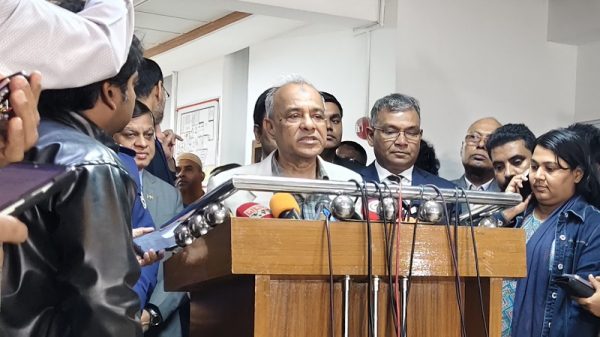
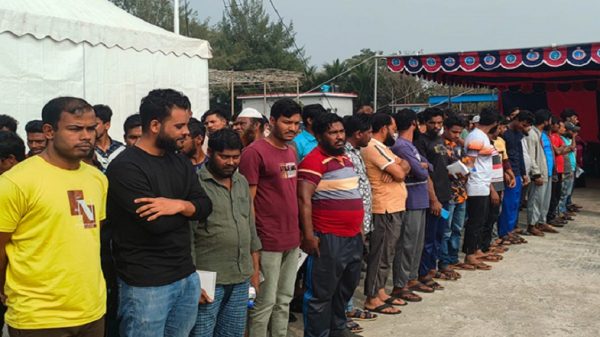
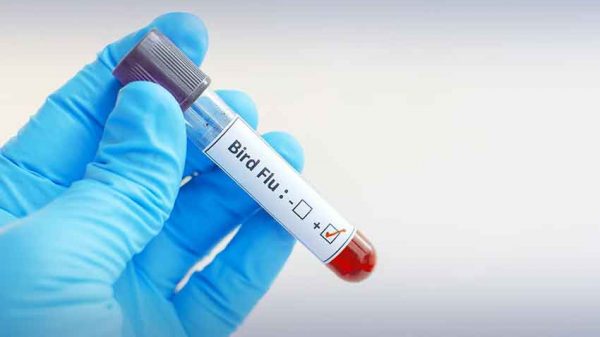
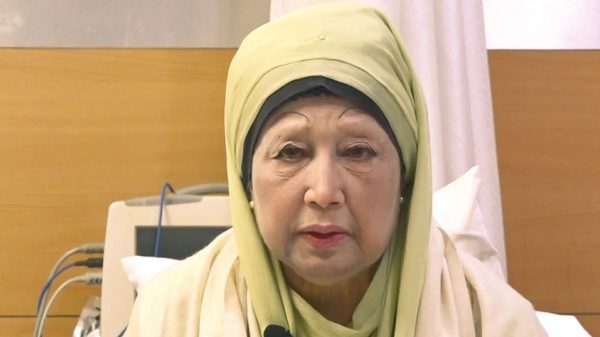
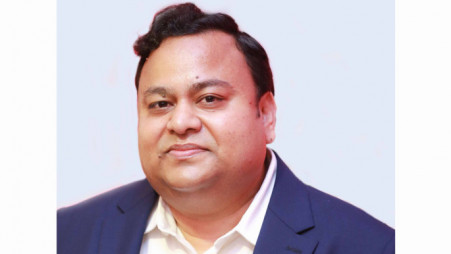
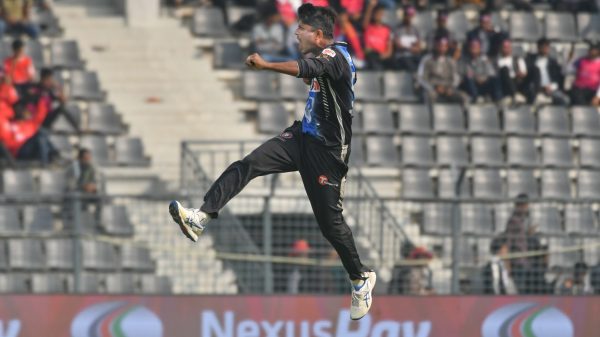

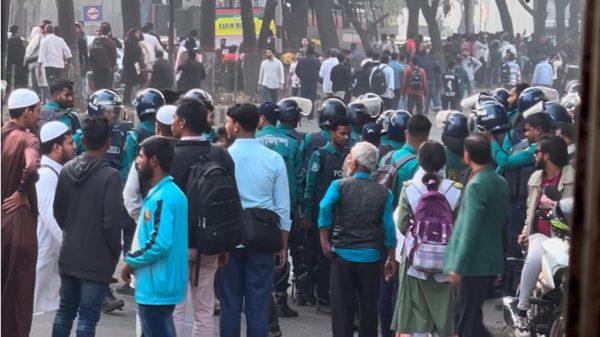
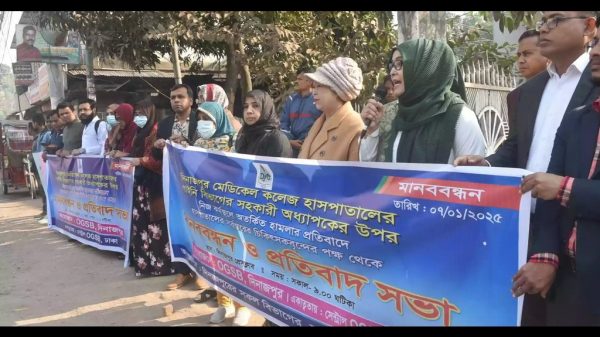
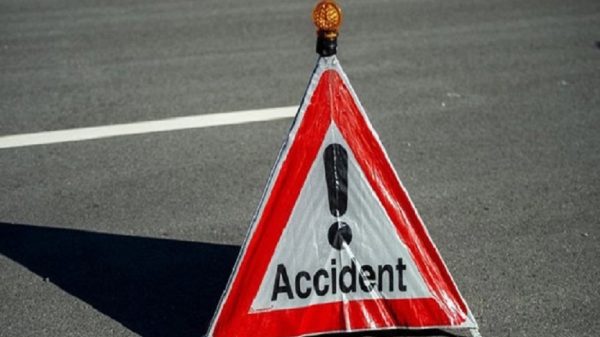











Leave a Reply